
Rollback of Vehicle Emissions Regulations: What It Means for the Environment?
The American administration has initiated the rollback of vehicle emissions regulations that were previously established. This decision is part of a policy aimed at easing restrictions designed to combat air pollution. Such a step raises concerns among ecologists and environmental protection experts, who fear that loosening these standards will lead to an increase in carbon dioxide emissions and other negative health consequences for the population.
Continue reading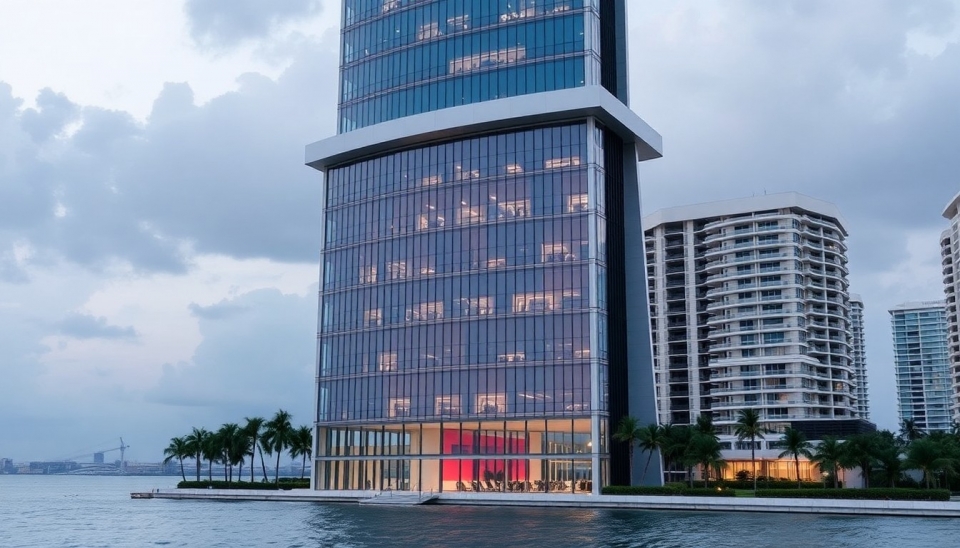
Porsche Design Tower in Miami Faces Sinking Issues
Recent studies have revealed that the Porsche Design Tower, located in Miami, is experiencing serious issues related to sinking and flooding. According to local authorities and experts, the luxury residential building, known for its upscale apartments and high-end design, has begun to show signs of instability, which raises significant concerns among owners. Once a magnet for wealthy buyers, the tower, built just a few years ago, is now at risk of substantial damage.
Continue reading
Diving into the Mysteries of the Siberian Crater: New Environmental Concerns Emerging
The Siberian crater, known as the "Gateway to Hell," is once again capturing the attention of scientists and ecologists, as its expanding diameter raises fears about future environmental changes. This unique natural formation, located in Yakutia, has long been subject to numerous myths and legends, but recent studies indicate that climate change could exacerbate the situation significantly.
Continue reading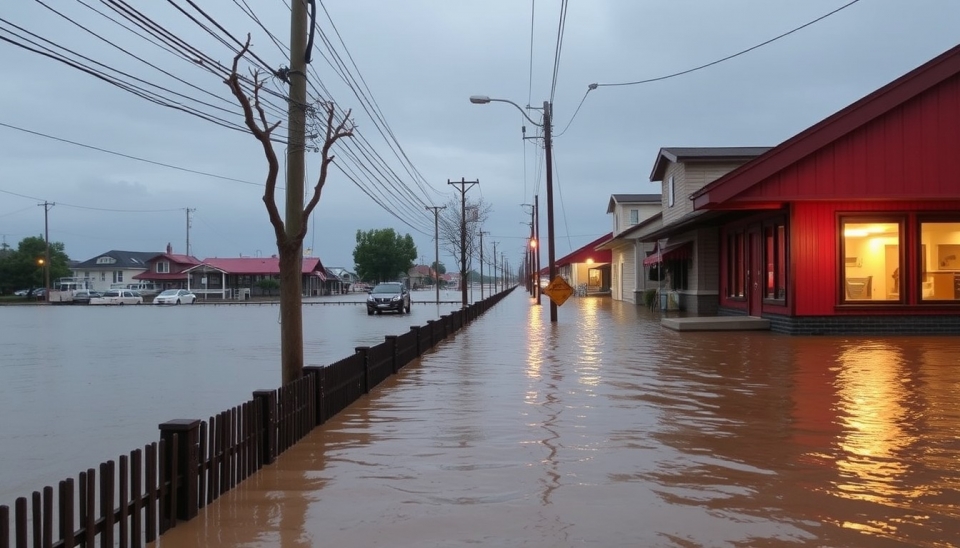
Global Flooding: Climate Changes Leading to Catastrophic Storms
Recent events related to climate change have led to significant and devastating flooding around the world, linked to increased rainfall storms resulting from climate change. These natural disasters have affected many countries and regions, threatening lives and infrastructure. Scientific research confirms that climate change is one of the main factors contributing to the increased intensity and frequency of extraordinary atmospheric phenomena.
Continue reading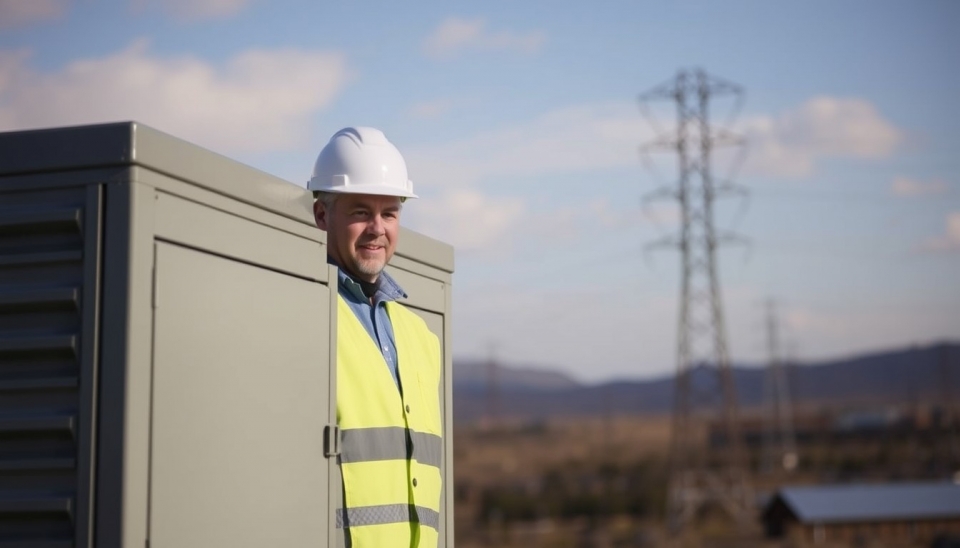
Generation Says Grid Upgrades Are Key Priority
A recent survey among U.S. residents shows that the majority of young people consider upgrading the electric grid to be a top priority for the country's future. With climate change challenges mounting and energy demand rising, the new generation is actively calling for the renewal of outdated infrastructure that currently struggles to cope with increasing loads. Each year, climate-related events such as hurricanes, droughts, and other extreme weather phenomena are becoming more frequent, highlighting the need for reliable and resilient power supply systems.
Continue reading
Rising Water Levels in Europe: Bracing for More Destruction and Consequences
Recent floods across Europe have raised serious concerns among local authorities and residents. Many regions are facing catastrophic consequences, including infrastructure damage and increased casualties. Nature's forecasts are grim: destructive conditions are expected to continue in the coming days. Experts agree that climate change plays a key role in the increasing frequency and intensity of flooding, jeopardizing people's lives and property.
Continue reading
California Strengthens Fire Safety Measures Amid Growing Wildfire Threats
California is facing one of the most serious wildfire threats in its history, and state authorities are taking new steps to protect local residents and the ecosystem. In light of the sharp increase in the number of major wildfires in recent years, the government has initiated a program to create defensible spaces around populated areas, as well as actively planning evacuation routes.
Continue reading
Economic Risks of Climate Change Rising Fastest for Wealthiest Nations
A recent report reveals that the looming climate crisis is impacting the economies of wealthier nations at a quicker pace than that of less developed countries. The study highlights that despite having more resources and advanced technologies, developed nations are experiencing significant economic and environmental stress due to the consequences of global warming.
Continue reading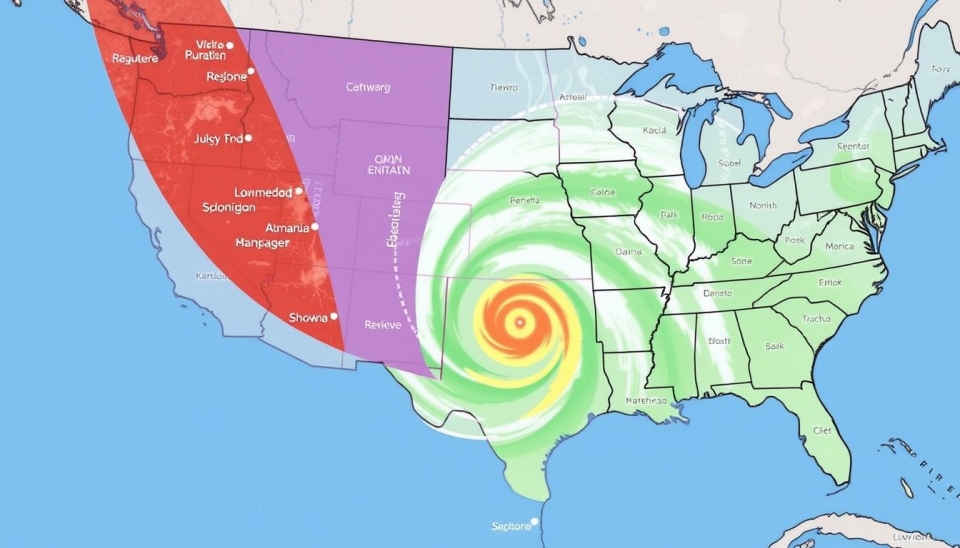
Proposals for Improving Hurricane Ratings: Reflections on the Saffir-Simpson Scale
Modern hurricanes are increasingly alarming to residents of coastal areas, and the hurricane classification system known as the Saffir-Simpson scale often faces criticism for its simplicity. This scale, developed in 1971, divides hurricanes into five categories based on their maximum sustained winds and potential damage they can cause. However, experts argue that this classification is significantly limited and does not always adequately reflect the real threat posed by hurricanes.
Continue reading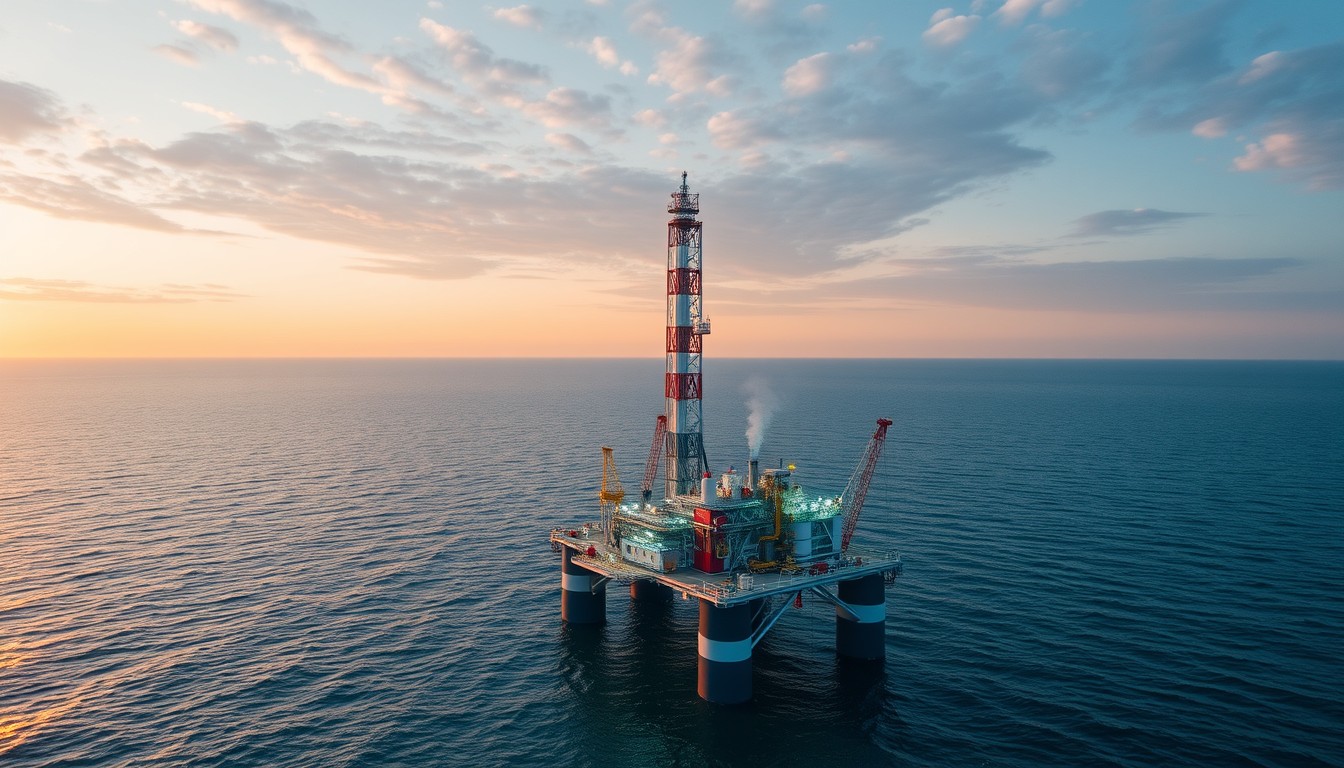
ExxonMobil Launches First Carbon Capture Project on the Gulf Coast
ExxonMobil announced its plans to launch its first carbon capture project on the Gulf Coast in 2025. Located in Texas, this project is part of the company's strategy to reduce carbon emissions and combat climate change.
Continue reading